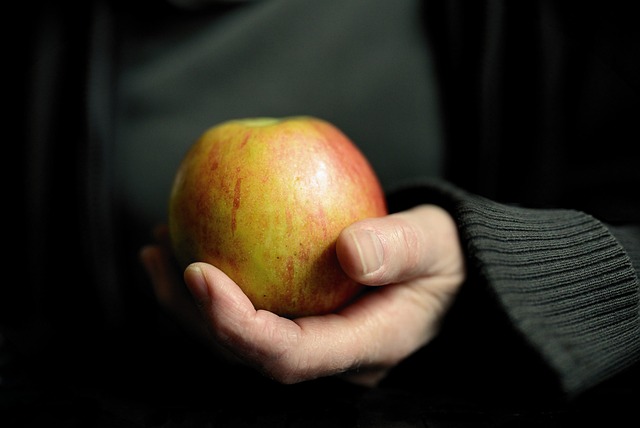Introduction
Welcome to our blog, where we dive into the world of nutrition and health Today, we’re going to explore one of the most popular and beneficial dietary choices: the plant-based diet. Whether you’re a nutrition and health blogger or just curious about what’s best for your body, this article is for you. We’ll cover the advantages of a plant-based diet, from its impact on health to its environmental and animal welfare benefits.
What is a Plant-Based Diet?
A plant-based diet is centered around whole, minimally processed foods derived from plants. This includes fruits, vegetables, legumes, grains, nuts, and seeds. It excludes or minimizes animal products like meat, dairy, eggs, and sometimes even honey. The key is to focus on whole foods rather than processed ones.
[Link Text](Understanding Plant-Based Diets: A Beginner’s Guide) provides a comprehensive overview of what a plant-based diet entails.
Health Benefits
One of the most significant advantages of a plant-based diet is its impact on health. Here are some key benefits:
- Lower Risk of Chronic Diseases: Plant-based diets have been shown to reduce the risk of heart disease, type 2 diabetes, and certain cancers. This is largely due to the high levels of fiber, vitamins, and minerals found in plant foods.
- Weight Management: Plant-based diets tend to be lower in calories and higher in fiber, making them more conducive to weight loss and maintenance.
- Improved Gut Health: A diet rich in fruits, vegetables, and legumes promotes a healthy gut microbiome.
For more insights into how plant-based diets affect your health, check out [Health Benefits of a Plant-Based Diet](Health Benefits of a Plant-Based Diet).
Environmental Benefits
Beyond its health advantages, a plant-based diet also offers significant environmental benefits:
- Reduced Greenhouse Gas Emissions: Animal agriculture is a significant contributor to greenhouse gas emissions. By choosing plant-based options, you’re reducing your carbon footprint.
-
Water Conservation: It takes much more water to produce animal products than plant-based foods. For example, it takes about 1,000 gallons of water to produce just one pound of beef compared to only 25 gallons for one pound of wheat.
-
Land Use Efficiency: Plant-based diets require less land to produce food, which helps preserve natural habitats and biodiversity.
For a deeper dive into the environmental impact of food choices, read [The Environmental Impact of Your Diet](The Environmental Impact of Your Diet).
Animal Welfare Benefits
Another important aspect of a plant-based diet is its positive impact on animal welfare:
- Reduced Animal Suffering: Factory farming, which is often associated with animal products, involves inhumane treatment of animals. By choosing plant-based options, you’re supporting more humane farming practices.
-
Promoting Sustainable Agriculture: By focusing on plant-based foods, you’re encouraging sustainable agricultural practices that prioritize animal welfare and environmental sustainability.
To learn more about animal welfare in agriculture, check out [Animal Welfare in Agriculture: The Plant-Based Perspective](Animal Welfare in Agriculture: The Plant-Based Perspective).
Tips for Transitioning to a Plant-Based Diet
If you’re considering switching to a plant-based diet but aren’t sure where to start, here are some tips:
- Gradual Transition: Don’t try to change everything at once. Start by incorporating more plant-based meals into your diet each week.
-
Explore New Recipes: There are countless delicious plant-based recipes out there. Experiment with new dishes to keep your diet interesting and varied.
-
Seek Support: Join online communities or local groups for support and inspiration.
-
Consult Experts: If you’re looking for personalized advice, consider consulting with a registered dietitian who specializes in plant-based nutrition.
For practical tips on transitioning to a plant-based lifestyle, read [How to Transition to a Plant-Based Diet](How to Transition to a Plant-Based Diet).
Conclusion
A plant-based diet offers numerous benefits for both our health and the environment. By focusing on whole, minimally processed plant foods, we can significantly reduce our risk of chronic diseases while promoting sustainability and animal welfare.
If you want, you can check out more articles on our blog here.
Yours truly,
Mia Johnson-Carter

